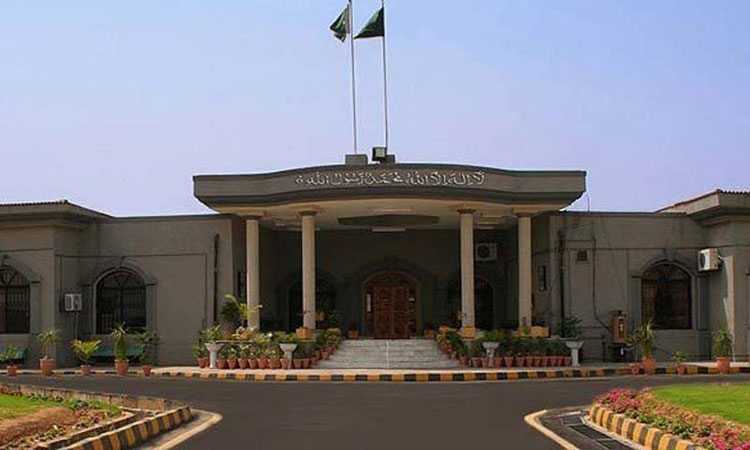ISLAMABAD: Judges of the Islamabad High Court (IHC) have expressed strong opposition to the potential appointment of a Chief Justice from another high court. A letter signed by various IHC judges, including Justice Mohsin Akhtar Kayani, was sent to the President of Pakistan, Chief Justice of Pakistan Yahya Afridi, and the chief justices of other high courts.
The letter urges judicial authorities to select the new Chief Justice from among the three senior-most judges of the IHC. The judges emphasize that appointing a Chief Justice from another high court should involve “meaningful consultation” and a clear justification. They pointed out that the Lahore High Court has a much larger backlog of pending cases compared to the IHC, questioning the rationale behind such an appointment.
Additionally, the judges raised concerns about undermining the existing seniority system at the IHC to accommodate an external candidate, signaling growing resistance to any changes that could disrupt the established hierarchy within the court.
According to Dawn, the letter was signed by IHC Justices Tariq Mehmood Jahangiri, Babar Sattar, Sardar Ejaz Ishaq Khan, and Saman Rafat Imtiaz. Justices Arbab Muhammad Tahir and Miangul Hassan Aurangzeb were also named in the letter but did not sign it.
The letter further states: “The high courts are independent and autonomous. The justices elevated to a particular high court take an oath under Article 194 of the Constitution, with respect to a particular province or, in the case of the IHC, with respect to the Islamabad Capital Territory. Since the passage of the Eighteenth Amendment in 2010, and during political democratic governments, there has been no precedent for permanent appointments to the high courts under Article 200 of the Constitution.”
Later, in an appearance on Geo News’ show Aaj Shahzeb Khanzada Kay Sath, Barrister Aqeel Malik, Adviser to the Prime Minister on Law and Justice, clarified that the President had the right to make such appointments according to Article 200 of the Constitution. He further explained that no fresh oath would be required for a transfer and dismissed speculations regarding any attempt to “control” the IHC as baseless.


